Essential Oils Safe for Cats: A Must-Read for Cat Owners
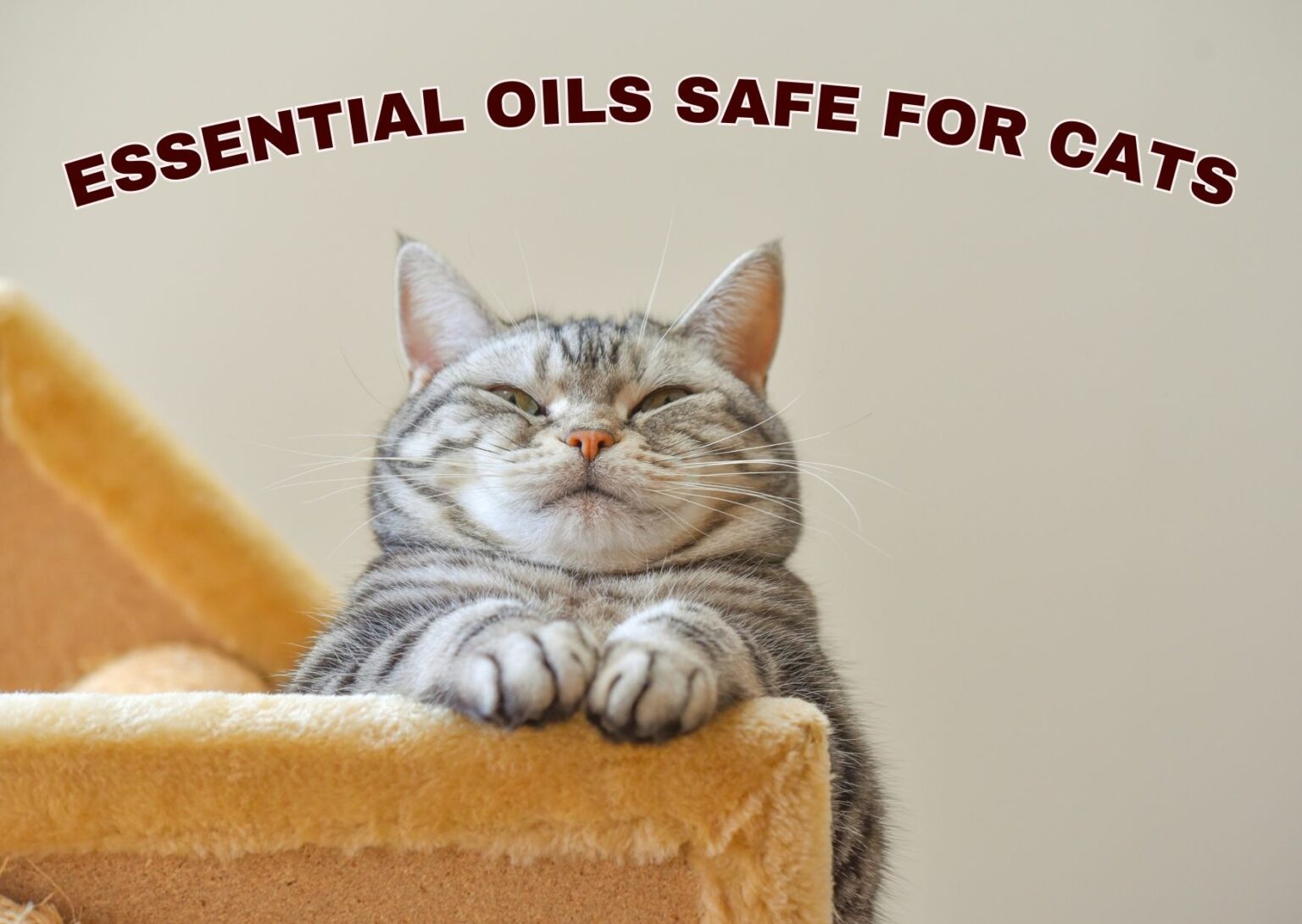
Sharing is Caring!
Introduction
If you’re a cat lover, you know the joy of creating a warm and engaging environment for your furry friend. Sometimes, this can be through toys, attention, nutrition, and even room fragrance. But as you try to foster a comforting atmosphere for your pet, you may have wondered, are essential oils safe for cats?
Essential oils have become increasingly popular for various uses, including aromatherapy, cleaning, and skincare. While essential oils can provide many benefits for humans, it’s crucial to remember that what’s good for us might not be good for our feline friends.
Different opinions surround the use of essential oils for cats, with some folks asserting they’re harmless while others strongly disagree. In this article, we will address your most pressing question: what essential oils are safe for cats? By the end of this piece, you’ll have a clear understanding of the safe essential oils for cats and those that should be avoided. So, stick around, because this is a must-read for every cat owner!
Understanding Cats and Essential Oils
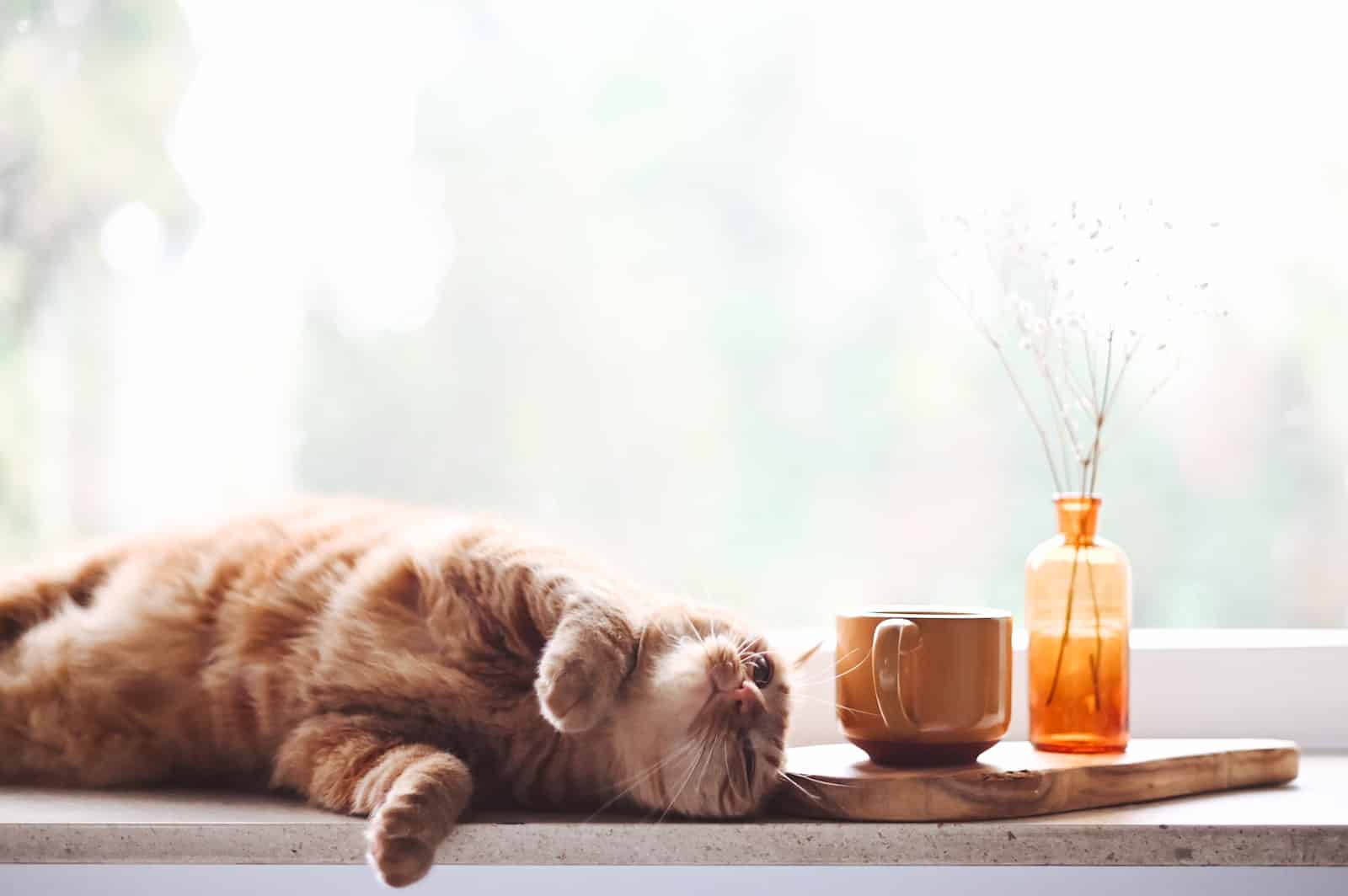
Before we delve into what essential oils are safe for cats, it’s crucial to understand the relationship between felines and essential oils. Cats, unlike many other pets, have a unique physiology that makes them particularly sensitive to certain substances, and essential oils fall in that category.
Essential oils are concentrated plant extracts that carry the plant’s scent or ‘essence.’ They are used for a variety of purposes, including relaxation, focus, and other therapeutic effects. While essential oils can be beneficial for humans, they may not always be safe for our four-legged friends.
- Why Are Cats Sensitive To Essential Oils?
The reason cats’ bodies react differently to some substances is due to their liver’s unique function. Your cat’s liver lacks an enzyme called glucuronosyltransferase, which is responsible for breaking down certain substances, including some components found in essential oils. In simpler terms, cats’ bodies are not as well-equipped as ours to process and eliminate these substances. This makes the wrong oils potentially toxic to cats.
- How Can Oils Affect Cats?
When exposed to unsafe essential oils, your kitty may suffer from a range of symptoms, varying in severity. These may include vomiting, drooling, tremors, and in severe cases, can even lead to liver failure. However, some essential oils are indeed safe for cats, provided they are used correctly and in moderation. It’s all about being able to identify which essential oils are safe for cats and how to use them in a way that respects your furry friend’s sensitivity. The more knowledge you have, the better equipped you’ll be to create a safe and fragrant environment for both you and your cat. So let’s dive into what oils are good for cats.
Popular Essential Oils Safe for Cats
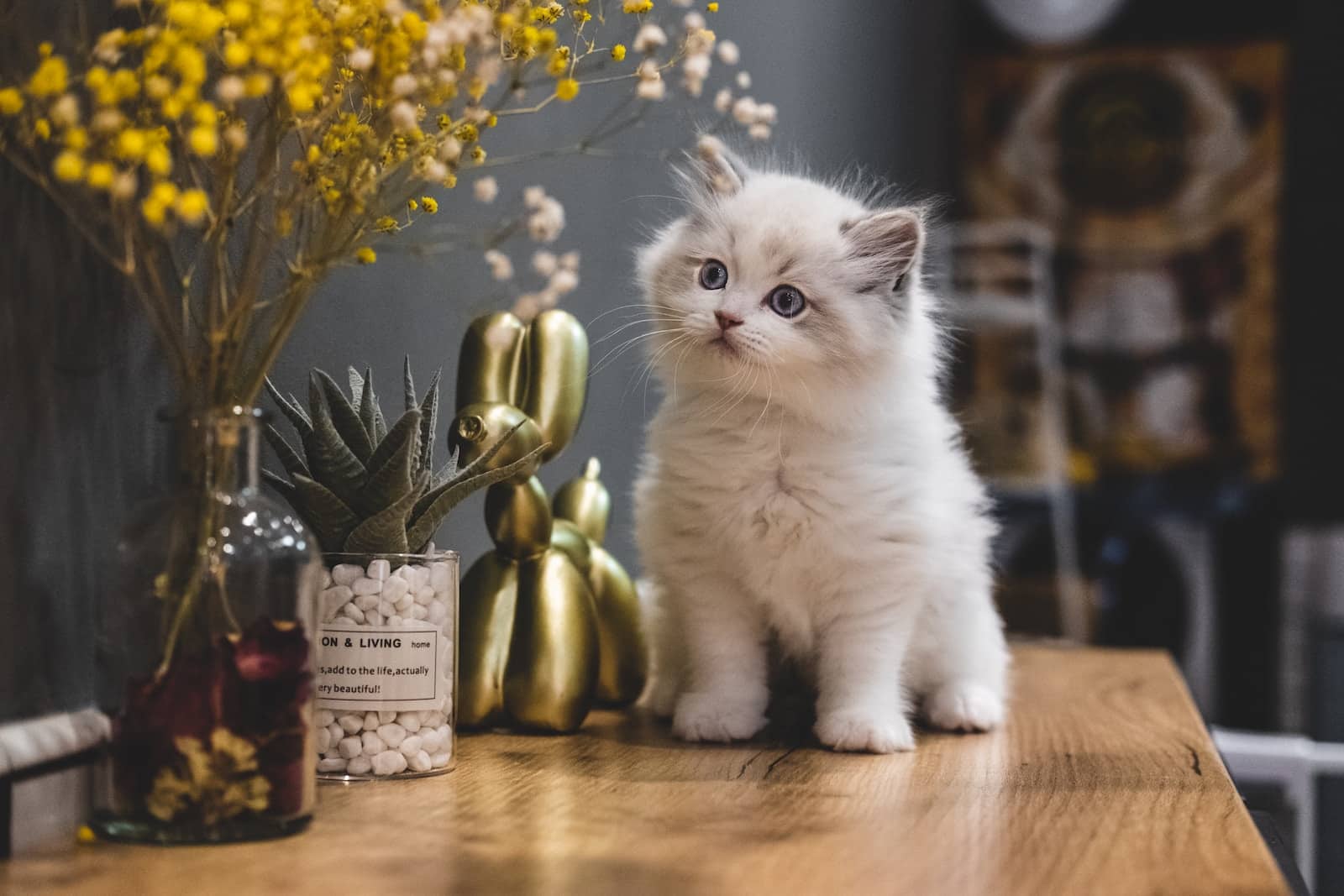
If you’re curious about cat-friendly essential oils, this section is for you. While certain oils can be risky, many are safe and even enjoyable for your feline companions, with smells that cats are known to appreciate. Let’s explore the world of safe essential oils for cats.
Cedarwood Essential Oil
Cedarwood Essential Oil is a great choice for cat owners. It’s typically used for its pest-resistant qualities, which is fantastic for those cats who enjoy adventuring outdoors. Furthermore, it’s believed to support a healthy coat and skin. Nevertheless, as with all essential oils, this should be used in moderation and always diluted properly.
Lemongrass Essential Oil
Lemongrass Essential Oil is another oil that’s safe for cats, so long as it’s used correctly. This oil has a lovely citric scent that can help keep your home smelling fresh. Moreover, it has pest-deterring properties, which can help to keep your furry friend pest-free. However, it’s vital to avoid direct application to your cat and ensure it is well-diluted.
Frankincense Essential Oil
Many cat owners find Frankincense Essential Oil beneficial, especially for older cats. It’s thought to support the immune system and promote overall well-being. It must be emphasized that it should be applied in a carrier oil, avoiding your cat’s eyes and mouth.
Copaiba Essential Oil
If your cat struggles with aging, joint issues, or general discomfort, the Copaiba Essential Oil could be a helpful option. It has been widely lauded for its anti-inflammatory properties, but as always, it is crucial to consult with your vet first and ensure this oil is properly diluted.
Valerian Oil
Valerian oil is one of the safe essential oils for cats. It has an earthy scent that can captivate cats and help keep them relaxed and stress-free. Cats are naturally attracted to Valerian, similar to their affinity for catnip. It can be used to draw out scared or hiding cats. However, like all essential oils safe for cats, it should be used in moderation and under veterinary supervision. Valerian oil has been observed to support the nervous system and alleviate restlessness and anxiety in cats.
To cover it all, while there are safe essential oils for cats, it’s essential to remember that not all essential oils are created equally. Always opt for high-quality, 100% pure oils, and avoid any synthetic ones, which could potentially contain harmful chemicals. Lastly, remember to check in with your vet before incorporating any new oils into your cat’s routine, to ensure their overall safety and well-being.
Essential Oils Unsafe for Cats
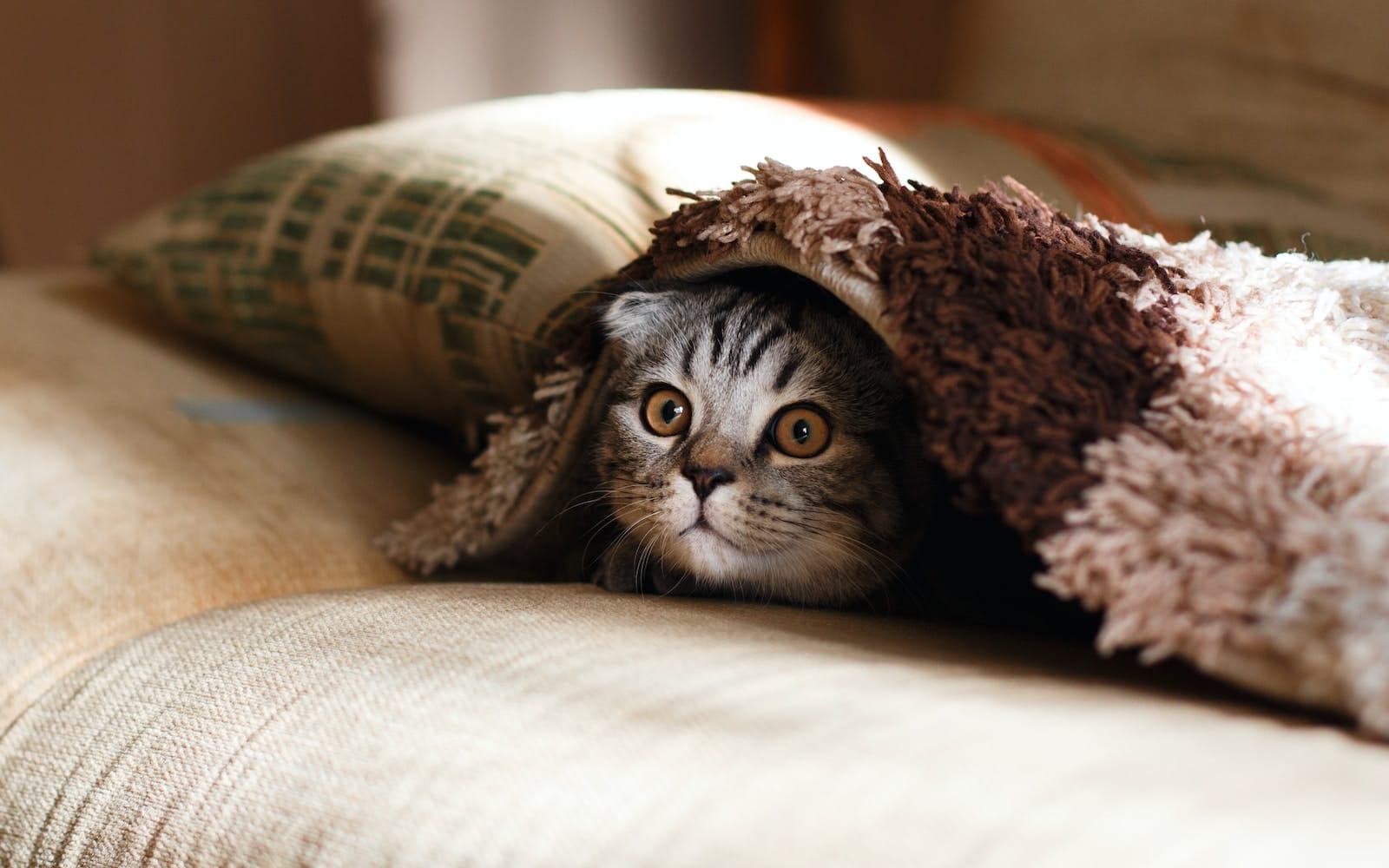
With all the talk about safe essential oils for cats, it’s vital that we also educate ourselves on those that are not. While certain oils are harmless and even beneficial to cats, there are just as many that can cause substantial harm. This knowledge is crucial because prevention is far better than a cure. So, which essential oils are not safe for cats?
Firstly, any essential oil that contains phenols or phenolic compounds is a flat-out no-no for your feline friend. Phenols are toxic to cats as their bodies cannot effectively metabolize this compound like humans can. This can lead to a buildup, causing detrimental effects on their health. Here are some oils that contain significant amounts of phenols:
- Clove essential oil: Although it might smell pleasant and spicy to you, clove essential oil can be particularly harmful to cats.
- Oregano essential oil: Despite its benefits for humans, oregano and other culinary oils can be dangerous to our feline companions due to their high phenol content.
- Thyme essential oil: Similarly, thyme essential oil may cause digestive upset, liver failure, or even nervous system damage in cats.
- Tea tree oil: Known for its antiseptic properties, tea tree oil unfortunately can be highly toxic to cats even when used in small amounts.
Besides these, there are other oils to remain cautious about. They might not necessarily contain phenols but can still pose a risk to your kitty:
- Eucalyptus essential oil: Often used in repellents and medicinal ointments, eucalyptus oil can create a host of health problems in cats ranging from vomiting to seizures.
- Citrus essential oils: While you might love the fresh and uplifting fragrance of citrus oils like lemon or grapefruit, these oils can cause serious problems in cats, such as trembling, weakness, or depression.
- Peppermint essential oil: A popular pick for many oil enthusiasts, peppermint is sadly not ideal for cats. Ingesting it can lead to life-threatening problems such as difficulty breathing or pneumonia.
Remember, each cat is unique and may react differently to certain essential oils. If you’re ever in doubt about an oil, it’s best to consult with a trusted veterinarian before using it. After all, it’s our responsibility to ensure the safety and happiness of our beloved pets. Knowledge of which essential oils are unsafe for cats is a critical part of being a responsible cat owner.
Additional Tips for Cat Owners
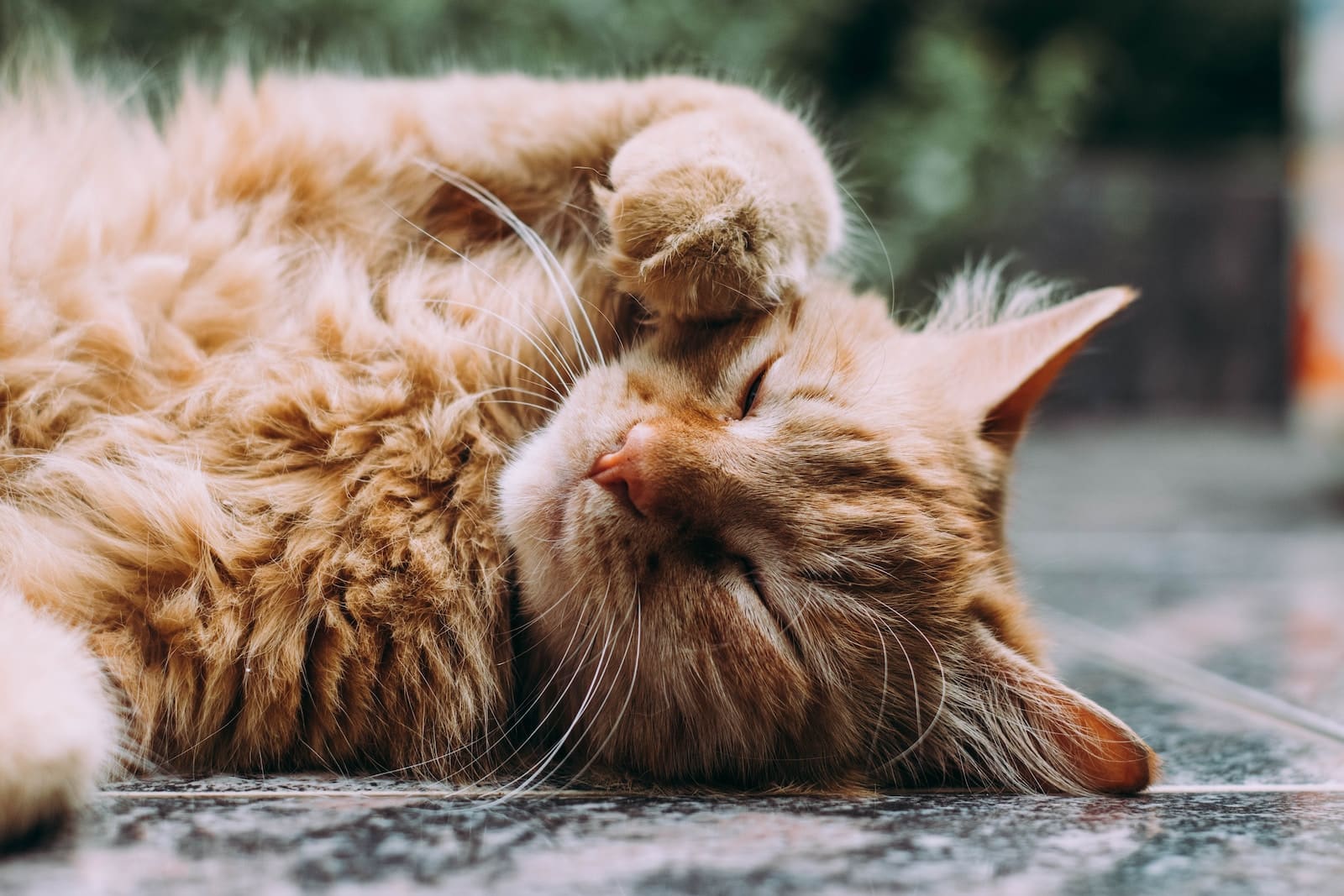
As a cat parent, your fur baby’s health is certainly your top priority. That’s why knowing which essential oils that are safe for cats is vital. But also equally important are some additional tips to consider when introducing these natural remedies into your kitty’s environment.
Consult Vet Regularly
First and foremost, always consult your vet before introducing anything new to your cat’s routine, especially essential oils. Cats are mysterious creatures, each one unique with its own likes, dislikes, and tolerance levels. And just like in humans, every cat has an individualized health profile. What might be a harmless remedy for one, could prove harmful to another. To know what essential oils are safe for cats, consulting with your trusted vet is always recommended.
Quality Matters
When it comes to essential oils safe for cats, quality counts! It’s crucial to only choose therapeutic-grade oils. Cheap, low-quality oils often contain synthetic additives that can be harmful to cats.
Proper Dilution
Essential oils are potent and should always be used in diluted form to avoid harm. Most oils require a far higher ratio of dilution for use with cats as compared to humans or even dogs. Carrier oils like coconut, olive, or almond oil are commonly used for this purpose.
Gradual Introduction
Gradually introduce essential oils to your kitty. Begin with diffusing the oils in a large open space for short periods, observing your cat’s reactions. Always ensure there’s an escape route, allowing your cat the choice to vacate the area if needed.
Adhere to Safety Precautions
Keep essential oil bottles out of your cat’s reach and don’t leave any diffuser unattended. It’s also wise to avoid applying oils on kittens, elderly, pregnant, or sick cats without your vet’s approval.
It’s essential to remember that cats metabolize substances differently than humans. Simple things that we humans can handle could potentially cause problems in cats. But don’t be too alarmed! With the right knowledge and a few precautions, you can provide your cat with the comfort and health benefits that safe essential oils can bring about.
Conclusion
In conclusion, when using essential oils safe for cats, prioritize their well-being and safety. Some oils, like Valerian oil, can be safe and beneficial, while others, such as clove, oregano, thyme, tea tree, eucalyptus, citrus, and peppermint oils, should be avoided or used with caution. Consult with a veterinarian, choose high-quality oils, and monitor your cat for any adverse reactions. By taking these precautions, you can safely incorporate essential oils into your cat’s routine.
Sharing is Caring!
About The Author
PawCool Team
Related Categories: Cats | Cat Health & Care | Cat Stories
Latest Articles

Never Miss A Thing!
All pet stories & guides you care about








